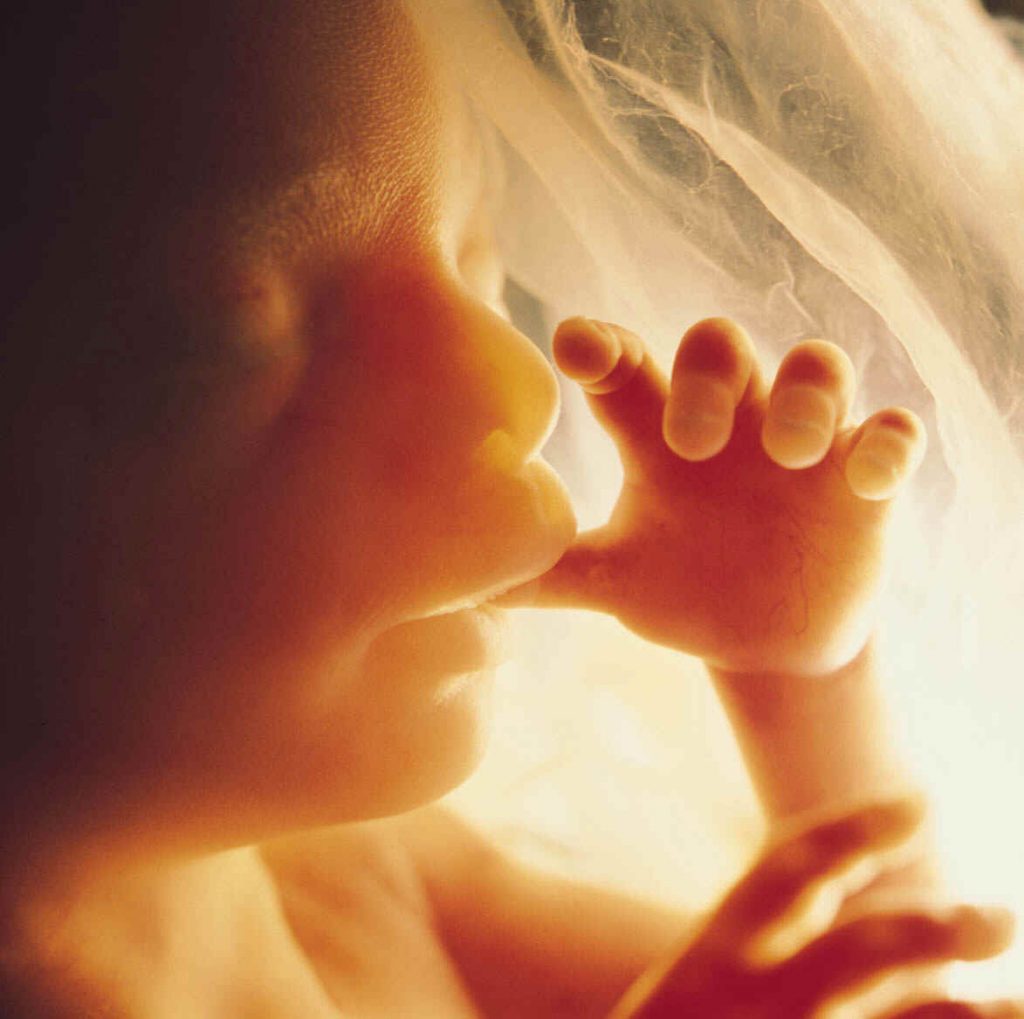
Pregnancy is magical, in my opinion. You only need a single sperm to fertilize an egg cell that’s approximately 0.2 millimeters in size. From that, the fetus grows until you have a baby with distinct features, full organs, and the ability to become the next president of a company or a country.
Pregnancy comes with a lot of concerns for a mom-to-be. “One psychologist I spoke with recently said that when she became a clinical psychologist, she thought she’d see mainly postpartum depression. Instead, she sees mostly prenatal anxiety,” shared Dawn Kingston, PhD.
But going through all the physical and emotional changes that come with child-bearing can honestly seem very odd too, even for the mother who carries the baby. Another typical change that occurs is morning sickness. According to Jordan Gaines Lewis, PhD, “More than half — perhaps up to 90% — of pregnant women experience nausea or vomiting to some degree, particularly in the morning.”
Considering you want to feel enlightened about these instances before everything else, check out some pregnancy facts below.
An Unborn Kid Can Cry
After 28 weeks of being in the womb, a baby can start crying. Although you won’t be able to hear it until after you birth them, a hi-tech ultrasound can detect facial expressions when they’re in pain.
Heartburn Equates To Birthing A Child With Hair
Do you feel acid burning from your chest upward more often than not? The heartburn may not be because of indigestion at this point. It may be due to your hormones giving hair to the baby.
You Can Stay Pregnant For Over Nine Months
The usual progression of pregnancy is that it’ll only last for 36 weeks before it’s delivery time. However, my OB-GYN once told me that there were cases back then when the waiting game went up to 375 days. If you’re due and you still don’t feel contractions, therefore, feel free to ask for the possibility of inducing labor.
Your Uterus Expands Over A Hundredfold

Some expectant mothers may feel upset when they hear that their tummy is the size of a beach ball, yet it isn’t a far-off observation. The uterus can grow as much as that, especially if you’re carrying multiples.
The Baby Can Taste What You Consume You and the child in your belly have such a secure connection that the latter can even sample the foods you ingest. It happens since anything garlicky or savory can mix with the fluids going past the amniotic sac.
Your Hair Changes During And After Pregnancy The excessive levels of progesterone and estrogen in your system while expecting livens up the hair follicles, enabling the strands to grow well. After giving birth, however, they can rest again and cause significant hair loss.
The Sense Of Smell Is Stronger Than Ever

Considering you’re unaware of the unhealthy dishes that you shouldn’t eat when you’re pregnant, your sense of smell will guide you. That’s why there are moms-to-be who already cover their noses even if they’re still a few feet away from the odor source.
You May Produce Milk After Hearing Any Child Cry
Lactation can begin as early as 14 weeks. It is probable for your body to generate milk as an initial reaction to listening to a crying baby before you even deliver your own.
Stimulating The Nipples To Induce Labor Is A Thing
Are you into inducing childbirth naturally? You may do nipple stimulation to increase the chances of getting labor started, according to science.
The Baby Drinks Their Pee Babies stay in an impenetrable sac when they’re inside the uterus. Thus, once they urinate, the liquid has no way out, and the unborn kid can eventually drink their sterile urine.
Contractions Can Still Come Post-Delivery
Muscle cramps in your lower abdomen can occur even after birthing your baby. There’s nothing to worry about, though, because the sensation can reduce bleeding.
Your Heart Grows Fonder And Bigger – Literally
As you’re supporting another human being within your body, the organ that pumps blood needs to adjust and create more passages. For that reason, the heart expands more than its original size.
Aside from physical changes, your relationships are also affected. Nonetheless, Emily Griffin, MSW, LICSW, LCSW-C, wrote, “Entering into parenthood is a great adventure with lots of unknowns that can shake any relationship. With the right tools and a perspective that allows for reasonable expectations, this transition can be a solidifying learning experience that has positive ripple effects for decades.”
